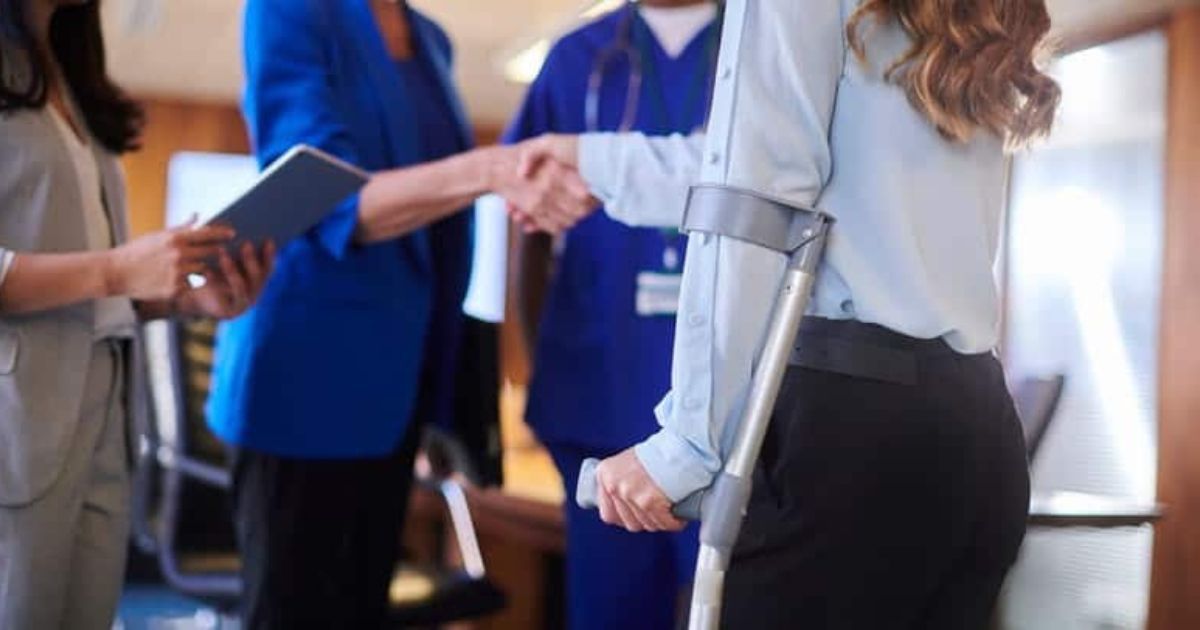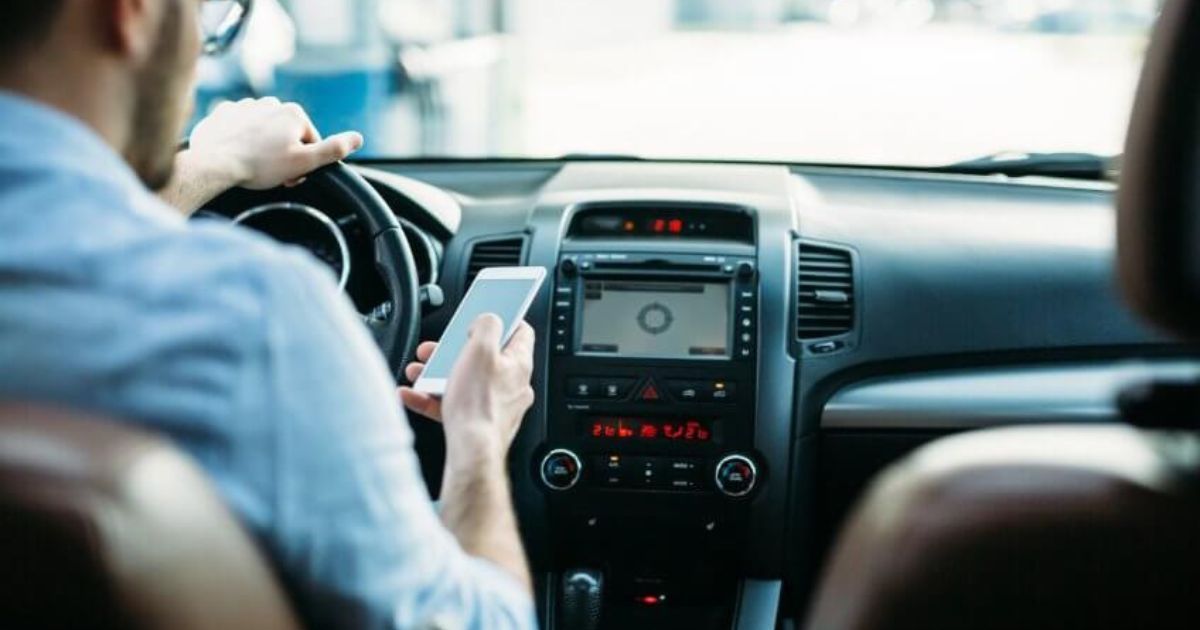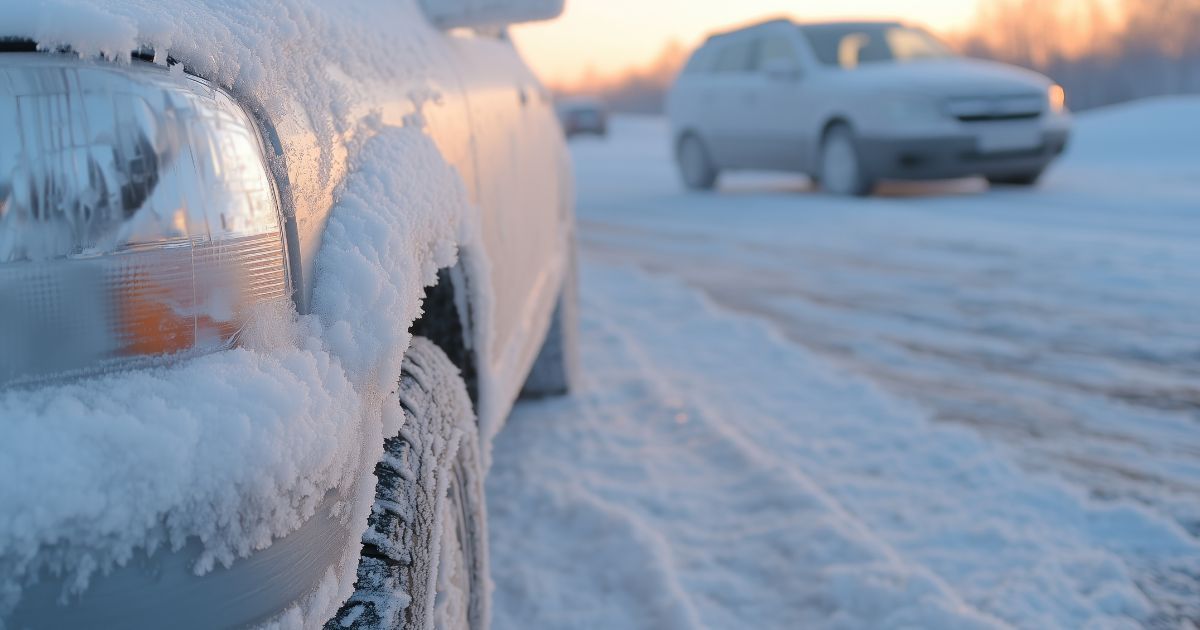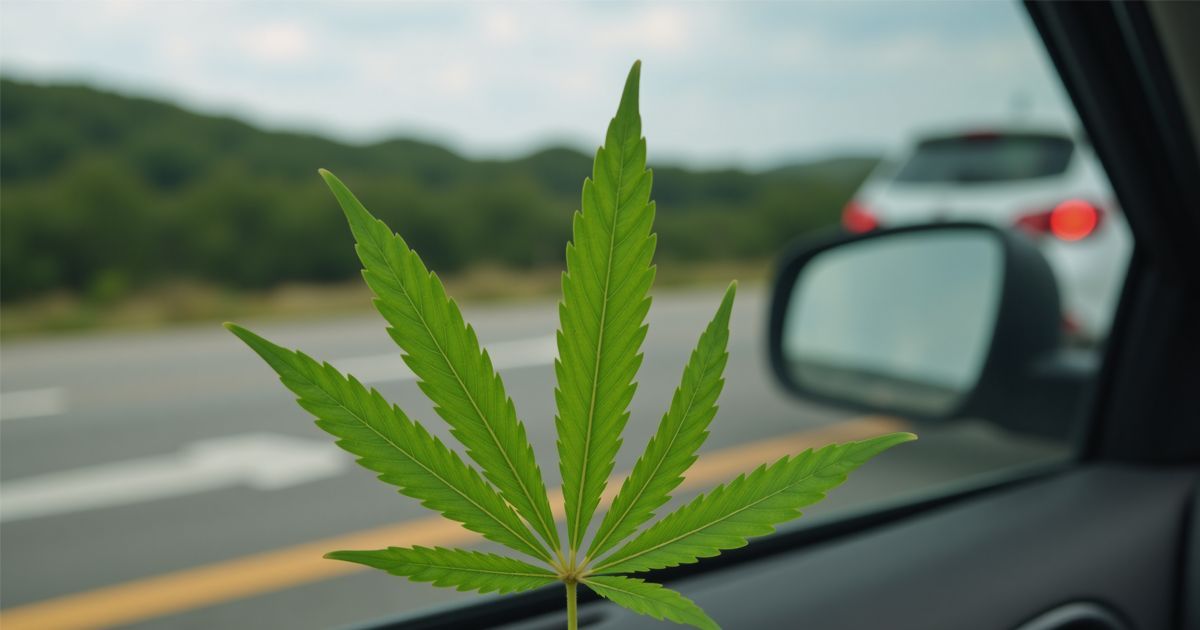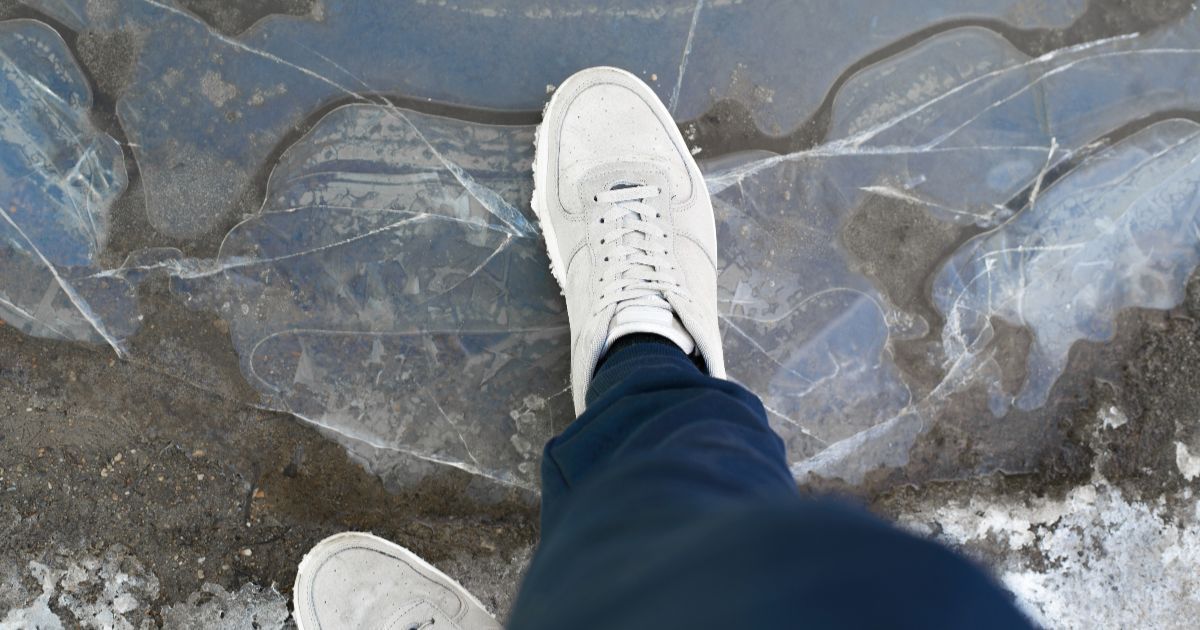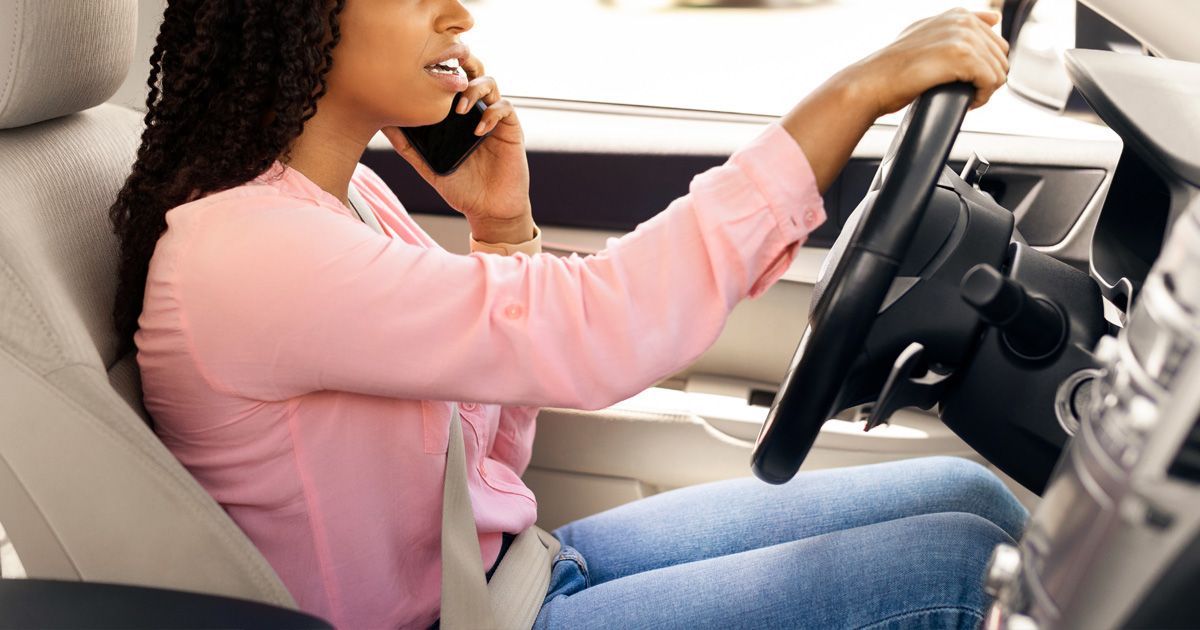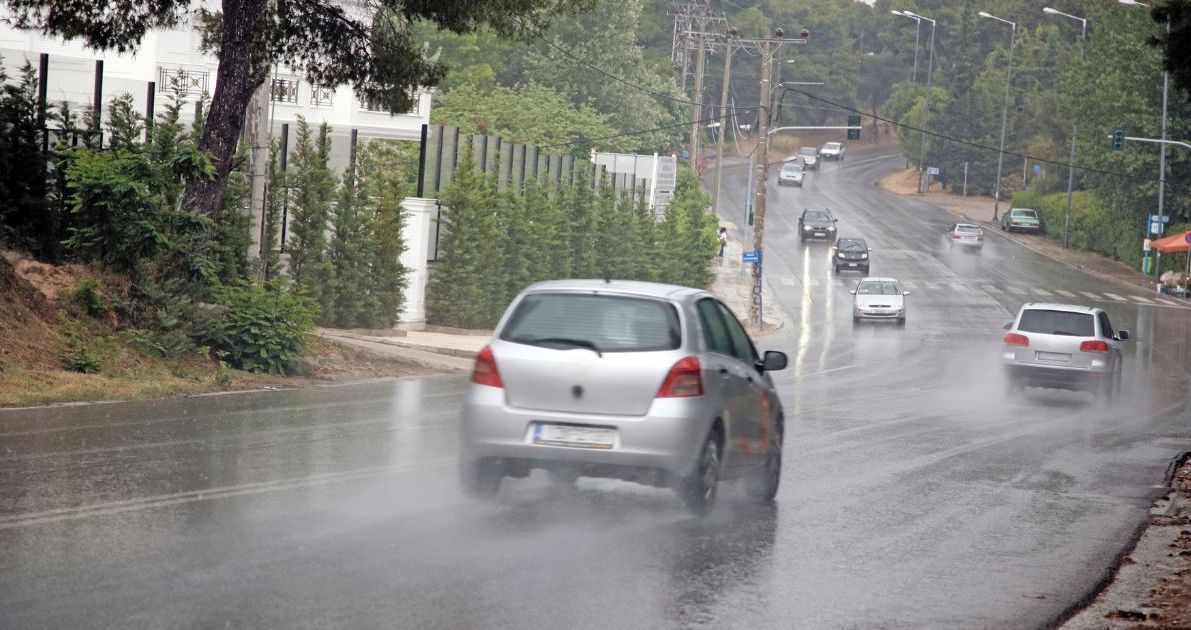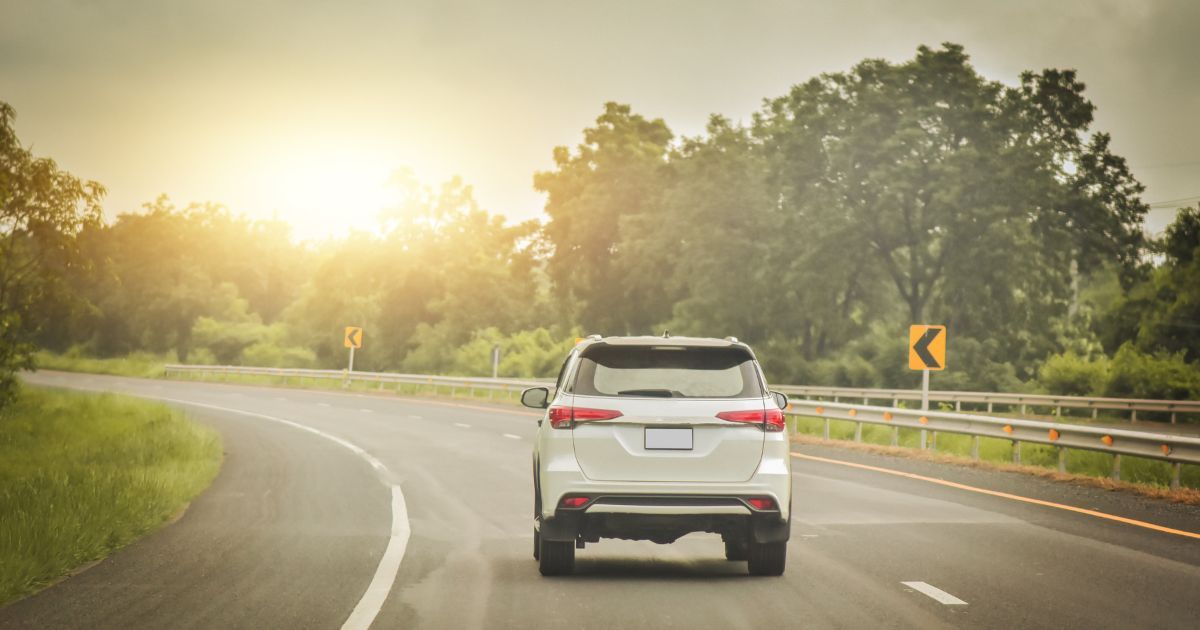What to Do If Hit by a Drunk Driver in Massachusetts
Recent Posts
Frequently Asked Questions (FAQ)
What should I do right after being hit by a drunk driver?
Ensure safety by moving your vehicle if possible, turning on hazard lights, and checking for injuries. Call 911 immediately to report the crash and mention any suspicion of impairment for police testing. Avoid confronting the driver to prevent escalation.
How important is documenting the accident scene?
Very important—take photos of vehicle damage, road conditions, and signs of intoxication (e.g., open alcohol containers). Gather witness contacts and obtain the police report number, as this evidence strengthens your insurance claim or lawsuit.
Should I seek medical attention even if injuries seem minor?
Yes, get evaluated by a doctor or ER promptly, follow all treatments, and keep records of bills and diagnoses. This links injuries to the accident and supports claims for medical expenses.
When and how do I contact my insurance company?
Report the accident soon after, but consult a lawyer first before providing detailed statements or signing settlements. Provide evidence like medical records and repair estimates to your insurer.
Can I sue the drunk driver under Massachusetts's no-fault system?
Yes, if your injuries meet thresholds such as medical bills over $2,000 or serious harm (e.g., broken bones, disfigurement, or permanent disability). This allows the pursuit of compensation beyond initial no-fault benefits like medical costs and lost wages.
What types of damages can I recover?
Economic damages include medical expenses (past/future), lost wages, property damage, out-of-pocket costs, and funeral expenses in fatal cases. Non-economic damages cover pain and suffering, emotional distress, and loss of enjoyment of life (no caps in MA). Punitive damages may apply for gross negligence, capped at $350,000 or five times compensatory awards.
Can bars or hosts be held liable under dram shop laws?
Yes, bars, restaurants, or liquor stores can be liable if they overserved the driver. Social hosts are typically not liable unless they served minors.
How does comparative negligence affect my claim?
If you're less than 51% at fault, you can still recover damages, but they'll be reduced by your percentage of responsibility.
What's the time limit for filing a lawsuit?
Generally, three years from the accident date, but act sooner to preserve evidence and strengthen your case.
Why should I consult a personal injury attorney?
An attorney helps navigate complexities like proving impairment, dealing with insurance tactics, and maximizing recovery against multiple parties. The post recommends Jason Ranallo for a free consultation in Dedham, MA.
Important Steps After a Drunk Driving Accident
- Prioritize safety by moving your vehicle to a safe spot if possible
- Call 911 to report the accident and start an investigation
- Seek medical care
- Document everything related to the crash.
- Contact legal help since MA law allows compensation for injuries, and - potentially - punitive damages if the negligence gross.
This guide walks you through what to do immediately after an accident, your legal options, and why professional help matters.
The Impact of Drunk Driving in Massachusetts
Drunk driving continues to pose a major threat on Massachusetts roads, leading to preventable injuries and deaths each year. Understanding the scope of this problem highlights why swift action and legal recourse are essential for victims. By staying informed, you can better appreciate the importance of holding impaired drivers accountable.
Nationally, drunk-driving crashes claim about 37 lives daily, underscoring the need for awareness and prevention.
Here’s a table showing Massachusetts drunk‑driving (alcohol-impaired) fatality statistics for 2019 through 2023, based on available data from Massachusetts and NHTSA/FARS sources. The table includes total traffic fatalities, number and percent involving alcohol, and any available details:
| Year | Total Fatalities | Alcohol-Related Fatalities* | % Involving Alcohol |
|---|---|---|---|
| 2019 | 334 | 129 | 39% |
| 2020 | 343 | ~140 † | 34% |
| 2021 | 413 | 123 | 34% |
| 2022 | 434 | 123 | 28% |
| 2023 | ~297 | ~100‡ | 33.8% |
* “Alcohol‑related” indicates crashes where at least one involved person (driver or non‑occupant) tested BAC ≥ 0.01, and especially BAC ≥ 0.08 constitutes “alcohol‑impaired.”
† For 2021, approx. 34 % of 413 is ~140 alcohol‑related deaths, per Mass.gov reporting
National District Attorneys Association
‡ In 2023, the proportion was reported at
33.82 % of all MA motor vehicle deaths, rising significantly from 28.05 % in 2022— which suggests around 100‑110 alcohol‑related deaths based on ~297 total fatalities
Boston 25 News,
IIHS.
What Steps Should I Take After a Crash?
Right after a collision with a suspected drunk driver, your focus should be on safety and gathering information to support any future claims. Acting quickly can prevent further harm and strengthen your case under Massachusetts law. These initial actions set the foundation for protecting your well-being and rights.
Ensure Safety
Move your vehicle to a safe spot if possible and turn on hazard lights to alert other drivers. Check yourself and passengers for injuries without moving anyone who might be seriously hurt. Stay calm and avoid confronting the other driver to prevent escalation.
Report the Incident
Call 911 immediately to report the accident and mention your suspicion of drunk driving so police can test for impairment. Provide details like location, vehicle descriptions, and any injuries to ensure a prompt response. Cooperate fully with arriving officers but avoid admitting any fault.
Document the Scene
Take photos of the vehicles, damage, road conditions, and any visible signs of the driver's impairment like open containers. Collect contact information from witnesses who saw the crash or the driver's behavior. Obtain the police report number for your records once it's filed.
Seek Medical Attention
Timely medical and legal steps can make a big difference in your outcome. Seek evaluation from a doctor or emergency room right away, even if injuries seem minor, as symptoms like whiplash may appear later. Follow all recommended treatments and keep records of visits, bills, and diagnoses for your claim. Inform your healthcare provider about the accident details to link injuries to the crash.
Contact Your Insurance Company
Contact your insurance company to report the accident but consult a lawyer before giving detailed statements. Avoid signing any quick settlements from the at-fault driver's insurer without review. Gather all evidence, including medical records and repair estimates, to build a strong case.
Understanding Your Compensation Options
If you’ve been injured in a drunk driving accident in Massachusetts, you may be entitled to compensation beyond what’s covered by your own insurance.
While the state’s
no-fault insurance system covers initial medical costs and lost wages, you can file a
lawsuit against the at-fault driver if your injuries meet certain threshold, such as medical bills over $2,000 or serious harm like broken bones, disfigurement, or permanent disability.
Under dram shop laws, you may also hold bars or hosts liable if they overserved the driver. In cases of gross negligence, punitive damages may apply to punish the offender, with caps at the greater of $350,000 or five times compensatory awards.
Economic Damages
These cover direct financial losses and may include:
- Medical expenses (past and future)
- Lost wages and reduced earning capacity
- Property damage (vehicle and personal items)
- Out-of-pocket costs (transportation, home modifications)
- Funeral and burial expenses (in fatal accidents)
Non-Economic Damages
Only recoverable through a lawsuit, these address the emotional and personal impact:
- Pain and suffering
- Emotional distress (e.g., anxiety, PTSD)
- Loss of enjoyment of life
- Scarring or disfigurement
Note: Massachusetts does not cap non-economic damages.
Punitive Damages
These cover direct financial losses and may include:
- Medical expenses (past and future)
- Lost wages and reduced earning capacity
- Property damage (vehicle and personal items)
- Out-of-pocket costs (transportation, home modifications)
- Funeral and burial expenses (in fatal accidents)
Additional Considerations
Comparative Negligence Rule
If you were less than 51% at fault, you can still recover damages—though reduced by your share of responsibility.
Dram Shop Liability
Bars, restaurants, or liquor stores may be held liable if they overserved the driver. Social hosts typically aren’t liable unless they served alcohol to minors.
Time Limit
You generally have
three years from the accident date to file a lawsuit.
Consult Jason Ranallo, Trusted Personal Injury Attorney in Dedham, MA!
Taking the right steps after being hit by a drunk driver in Massachusetts safeguards your health, strengthens your case, and opens paths to fair compensation. By following these guidelines, you'll be better equipped to recover physically and financially while holding responsible parties accountable.
Given the complexity of these cases, especially when proving impairment or liability beyond the driver, it's best to consult a
qualified personal injury attorney to explore your options.
If you've been injured, consult experienced Dedham
personal injury lawyer Jason Ranallo for a free consultation to protect your rights and get the support you need.

